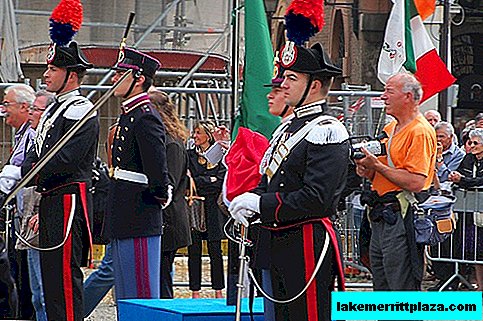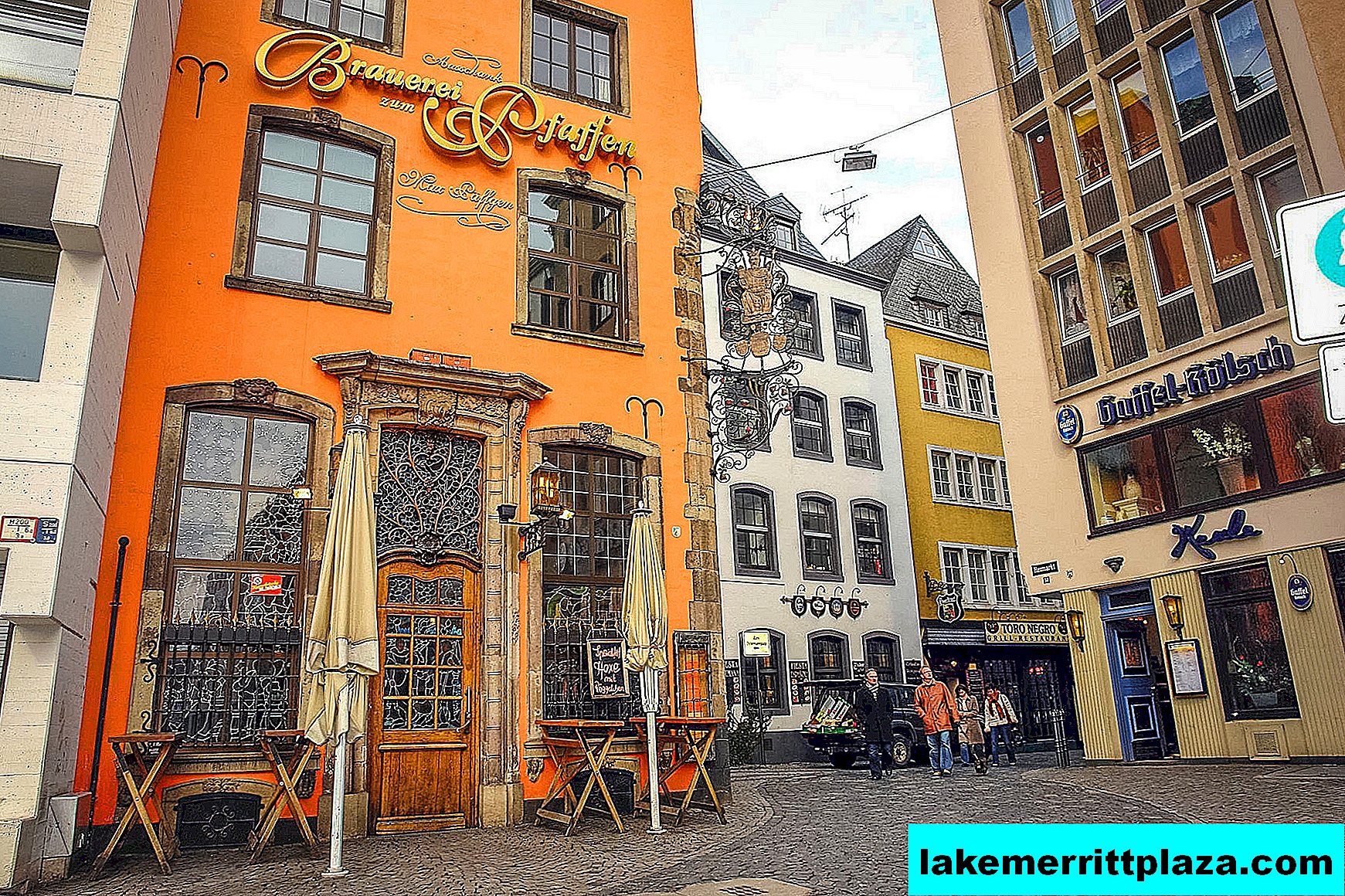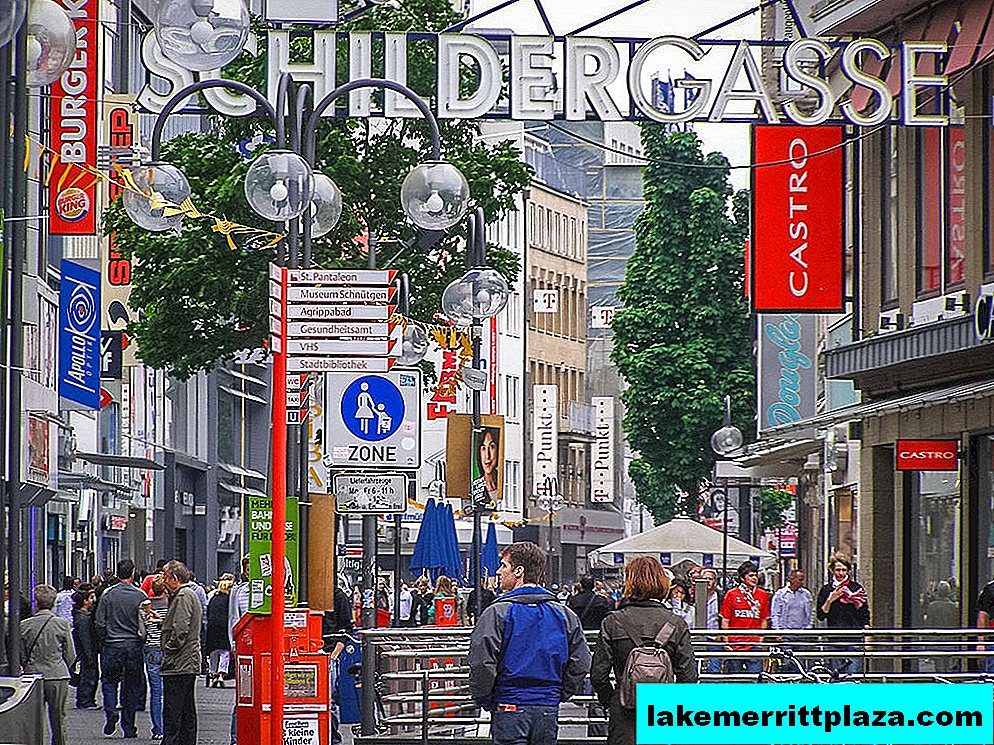June in Italy is already the peak of the tourist season, when both the number of tourists and the price level reach their highest points. And although temperature peaks, as a rule, come here later, however, in June it is already quite hot throughout the country.
Weather in June
Although in recent years the weather in Italy in May is very similar to summer, the high summer season technically only begins in June. And the word "high" refers to temperature indicators, too.
Regardless of the time you arrive in the Apennines, the weather in the south of Italy will always be warmer than in the north. This means that if June in the northern part of the country turned out to be hot, then in the south of the Apennines it will be even hotter.
June is not the time when Italians are massively leaving the cities to take a break from the hot weather somewhere in the mountains or on the coast, but it is quite in their spirit to leave somewhere away from the stone jungle for the weekend.
If May seems still cool for the opening of the swimming season, then the chances that it will not be open in June are practically zero. On both coasts of Italy, as, indeed, on the islands, June is the time when the number of vacationers is growing exponentially every day.
The weather in Italy in June is also high humidity. And you should think about this in advance if you intend to spend a lot of time outdoors. At a minimum, you should make sure that the rooms of your choice are air-conditioned.
Temperature in Italy in June varies depending on which part of the country you are traveling to, however, as a rule, it falls into the following ranges:
Temperature in Rome in June: + 17-28С
Temperature in Venice and Milan in June: + 15-27С
Temperature in Palermo in June: + 22-30C
Holidays in June
The main holiday of June in Italy is Republic Day or, as the Italians call it, Festa della Repubblica, which is celebrated on the 2nd.

Italians celebrate Republic Day with parades and fireworks
Republic Day is considered a national holiday in Italy, so parades and colorful fireworks are held in all major cities. But many institutions, including shops and some tourist attractions, are closed on this day throughout the country.
In addition, June is the discovery of the famous Verona Opera Festival in the equally famous Roman Amphitheater of the city. Festival events, as a rule, last a whole summer, and it definitely makes sense to visit them, even if you are not a big fan of opera singing.

June in Italy, starting point of the Verona Opera Festival
The first month of summer is also significant for other holidays and festivals, which are held in large numbers throughout the country. Therefore, no matter where in Italy you travel, it always makes sense to find out more about local events along your route. This is especially true for the days of the patron saints of those regions along which your path lies. As a rule, they are very significant local events and can give a lot of positive impressions.
Italy in June. Summary
The crowds of tourists that fill the most popular cities in Italy in June are enough to keep many travelers away from the Apennine peninsula, and this is quite logical.
The impact of a sharp jump in traffic in Italy is higher prices for air travel, hotels, tours, etc. Even those hotels that are considered cheap are often not such with the advent of summer. However, not only prices make the tourists in the Apennines grind with gritty teeth, but also long lines in the most famous attractions, such as, for example, the Vatican Museums or the Uffizi.
At the same time, June is a very comfortable month to travel. The weather is often magnificent and contributes to the best of impressions, regardless of which part of the country you are traveling. And the beaches of Italy in this period, more than ever, beckon to bask in the sun after a long winter or plunge into the warm turquoise water.
June in Italy is definitely not the time for a budget tour. However, if this question does not bother you much, then from this trip you will bring home a huge baggage of positive impressions.








